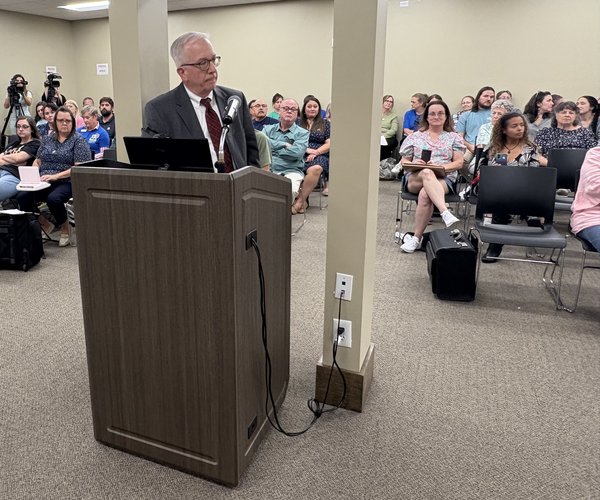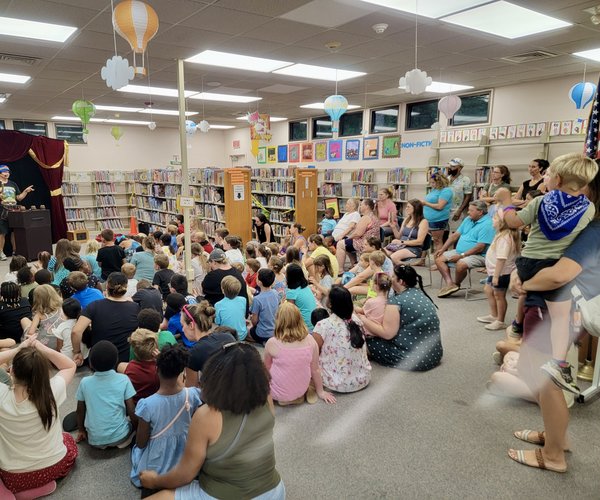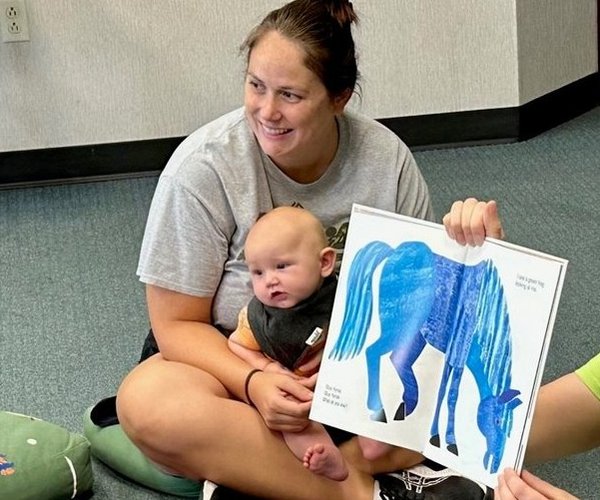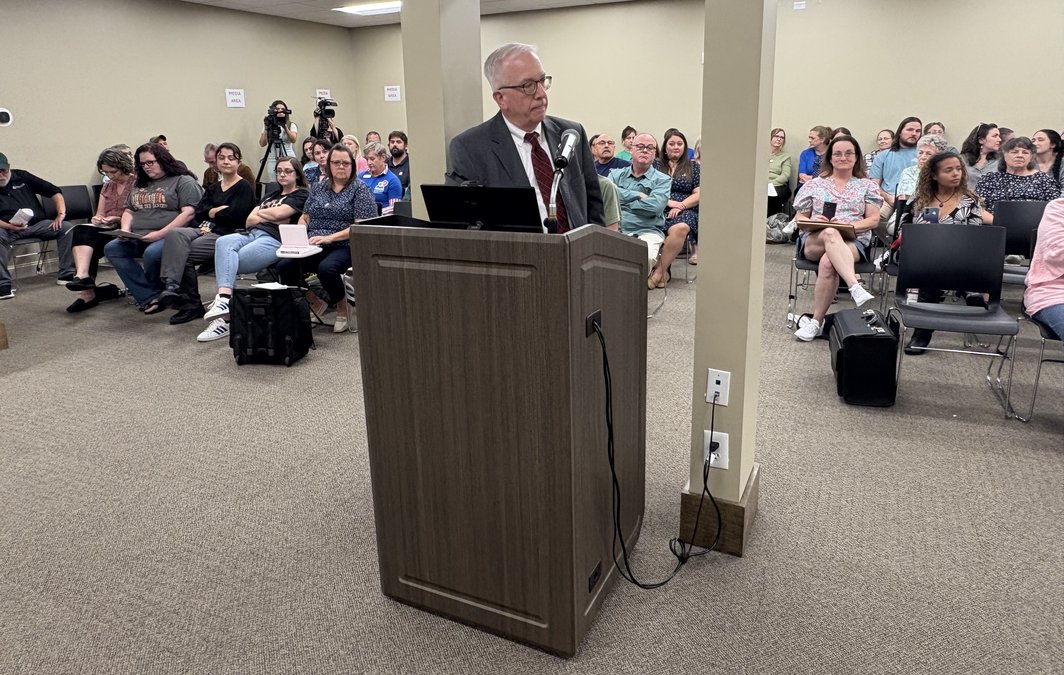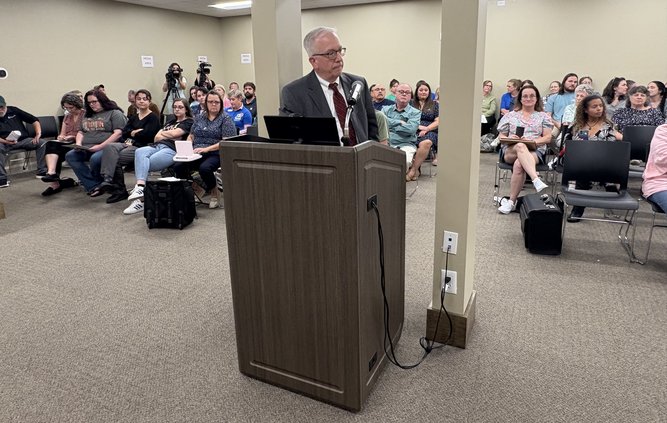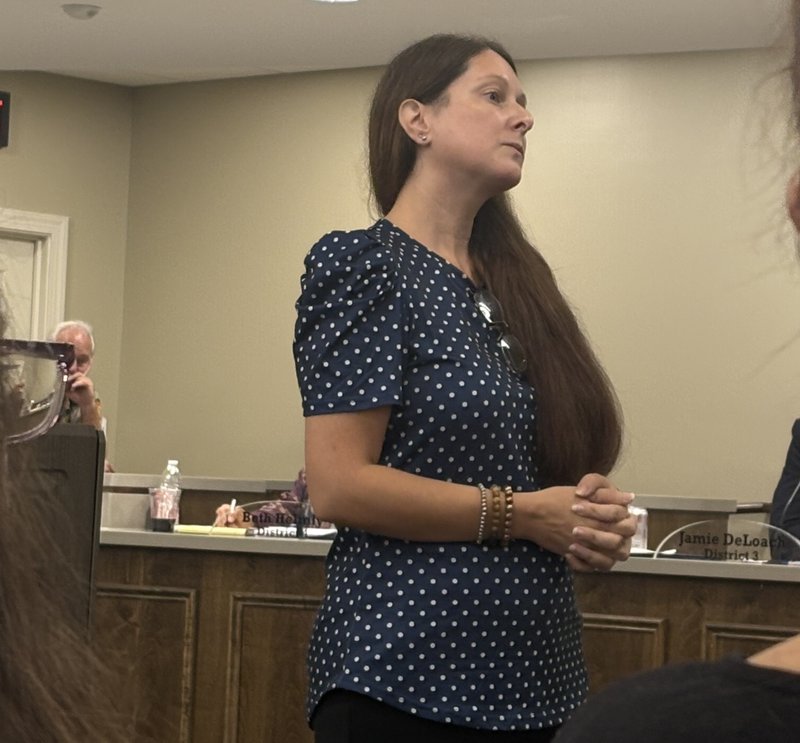ATLANTA – Georgia’s new mental health parity law took effect Friday
Under the law, Georgia health insurers must cover mental health treatment at the same level they cover physical ailments
“Parity kicks in immediately,” Rep. Todd Jones, R-South Forsyth, said about the new law’s July 1 start date.
Jones, along with Rep. Mary Margaret Oliver, D-Decatur, co-sponsored the omnibus bill in the state House of Representatives earlier this year.
“Georgia families hopefully have a greater opportunity to receive treatment they’re entitled to,” Oliver said of the change introduced by the new parity law.
“Folks that have not been getting adequate treatment: new funding is coming, new attention is coming,” Oliver said.
Oliver – along with several other mental health advocates – pointed out that Georgians can report suspected parity violations to the state insurance department. Georgians’ reports about their experiences would be key to making sure the law is enforced, Oliver said.
Georgia’s new mental health law sends the message that “mental health matters and is just as important as your physical health,” Kim Jones, executive director of the National Alliance on Mental Illness, Georgia, said.
To explain mental health parity, Jones gave the example of a health insurer that offers out-of-network coverage for urgent medical services.
That insurer must also cover out-of-network urgent mental health and substance use treatment under the parity rule, Jones explained.
The Georgia insurance department will soon hire a new mental health parity officer to help oversee the law, Weston Burleson, director of communications officer for the insurance department, said.
Down the line, the department will collect and publish detailed information about how health insurers perform on mental health parity, Burleson added.
The mental health law also sets up a new MATCH (Multi-Agency Treatment for Children) team.
The team will start meeting soon and look carefully at the problem of Georgia children in state custody who lack stable placements, Oliver said.
“The issue of emergency placement for these children needs a lot of attention,” Oliver said, noting that some of these children are staying in hotels or offices.
The new law also helps set up mental health co-responder programs, Oliver said, with funds provided by the FY 2023 budget.
Co-responder programs pair mental health professionals with law enforcement officers to help respond to mental health and substance use crises. The programs often provide follow-up services as well.
Later this year, the state will solicit proposals from communities that want to set up assisted outpatient treatment programs. The new mental health law provides for five such programs on a “pilot” basis.
In these programs, courts – working with community mental health and law enforcement agencies – can require people to get treatment for mental health and substance use disorders.
Meanwhile, Georgia’s mental health commission is planning another round of recommendations and sub-committees are meeting monthly, Oliver said.
And the mental health commission is keeping a close eye on the progress of the new law’s provisions.
“There’s a lot of work going to make sure to ensure that our oversight creates a successful implementation,” Oliver said.
This story is available through a news partnership with Capitol Beat News Service, a project of the Georgia Press Educational Foundation.


